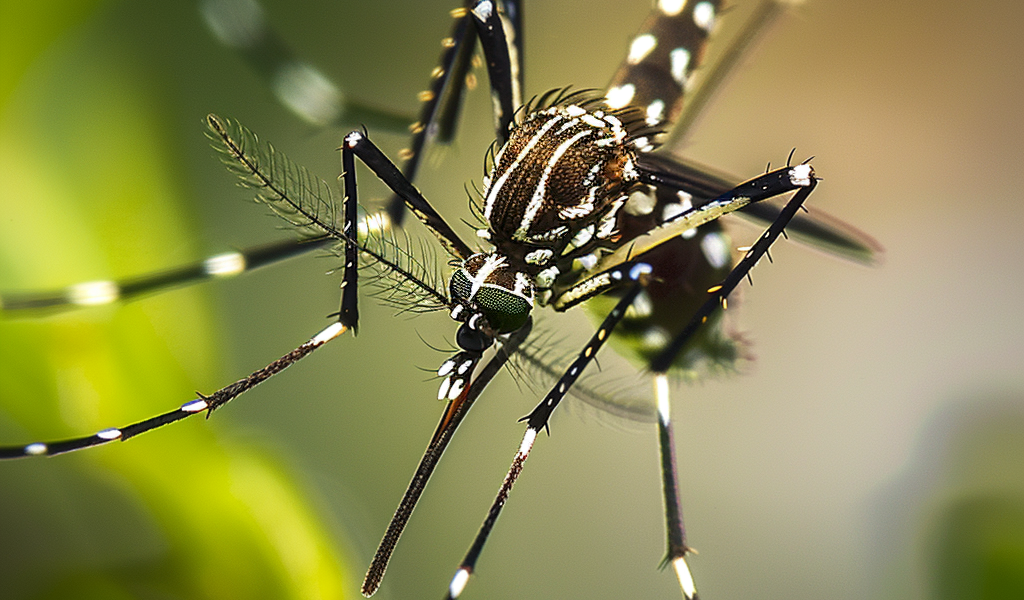Austin and Travis County have reported five cases of dengue fever this summer, catching many residents off guard as the mosquito-borne illness is not commonly associated with the area. While West Nile virus is a more familiar concern in Central Texas, health officials are now urging vigilance against dengue fever.
Austin Public Health has issued alerts to healthcare providers to be on the lookout for symptoms of dengue fever following a warning from the Centers for Disease Control and Prevention about the increasing number of cases globally and in the United States. This year alone, there have been 2,559 cases of dengue fever reported across 45 states and territories, with localized transmissions in states like Florida, Puerto Rico, and the U.S. Virgin Islands.
Dengue fever is caused by a group of viruses transmitted through the bite of Aedes mosquitoes, which also carry Zika and Chikungunya. While West Nile virus is spread by different mosquito species, Texas does have Aedes mosquitoes capable of transmitting dengue fever. Recent cases in Florida indicate local transmission of the virus, highlighting the need for heightened awareness.
Despite the presence of Aedes mosquitoes in Texas, the state typically does not have malaria-carrying mosquito species. However, rising temperatures are causing malaria-carrying mosquitoes to migrate into the country, with instances reported in Brownsville and Florida last summer.
All five cases of dengue fever in Travis County have been linked to travel to regions where the illness is endemic, such as Central and South America, India, and Asia. Austin Public Health conducts thorough investigations to rule out local mosquito-borne transmissions in such cases.
While current testing focuses on mosquito pools for West Nile virus, dengue fever surveillance may be expanded if locally acquired cases are identified in Travis County. Health officials emphasize the importance of preventive measures against mosquito-borne illnesses to safeguard public health.





